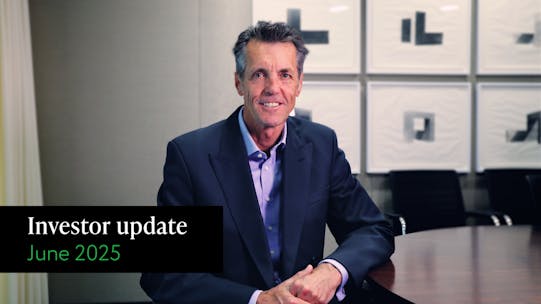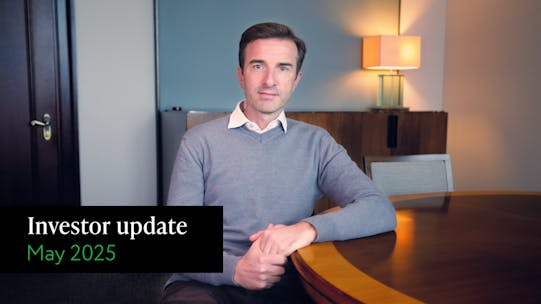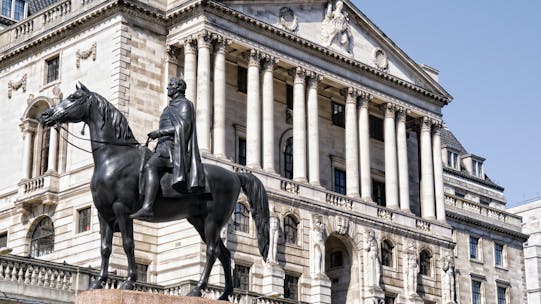Market insights
Hear from Nutmeg's expert investment team.
Understand what's moving markets and how this impacts you, with regular updates on the state of the investing landscape, specialist views, and deep dives into asset classes, sectors and international markets.











